Red herrings and just plain lies: Insurance companies vs. dog loving families

There has been much discussion lately explaining how denial of insurance coverage based on the breed of one’s family dog is a practice that discriminates against and unduly penalizes both less affluent customers and people of color.
Welcome to the Dog Park: No Dogs Allowed
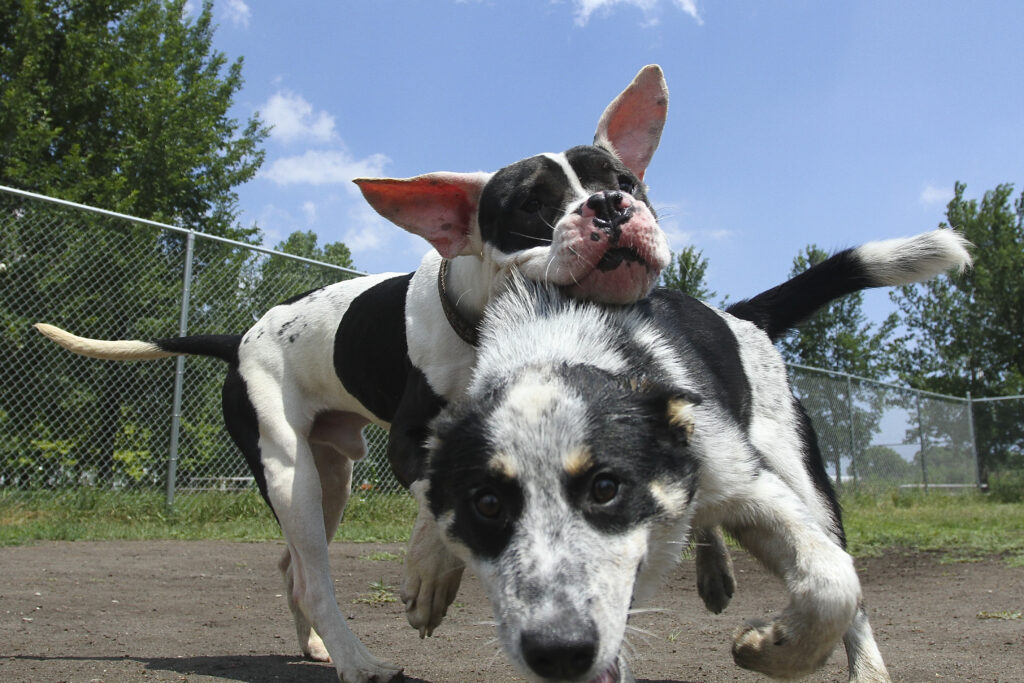
Florida dog park opens, but dogs that act like dogs are prohibited
“What kind of dog is that?” Asking the wrong question and answering it badly
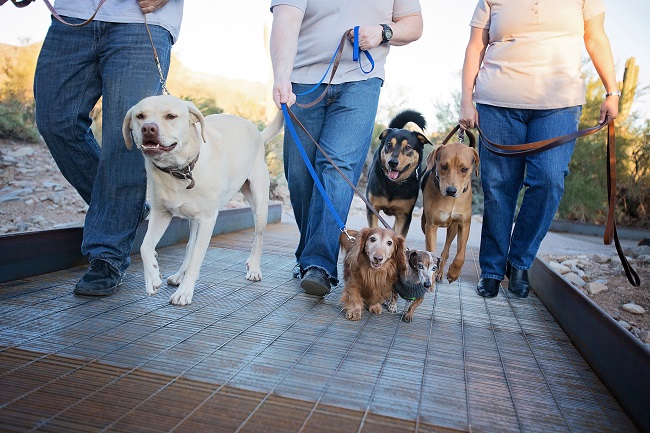
Our review has revealed no findings of breed based behavioral differences that successfully overcome all the difficulties presented by this question.
Unvalidated, unreliable, and unnecessary: Evidence for the case against formal behavior evaluations for shelter dogs
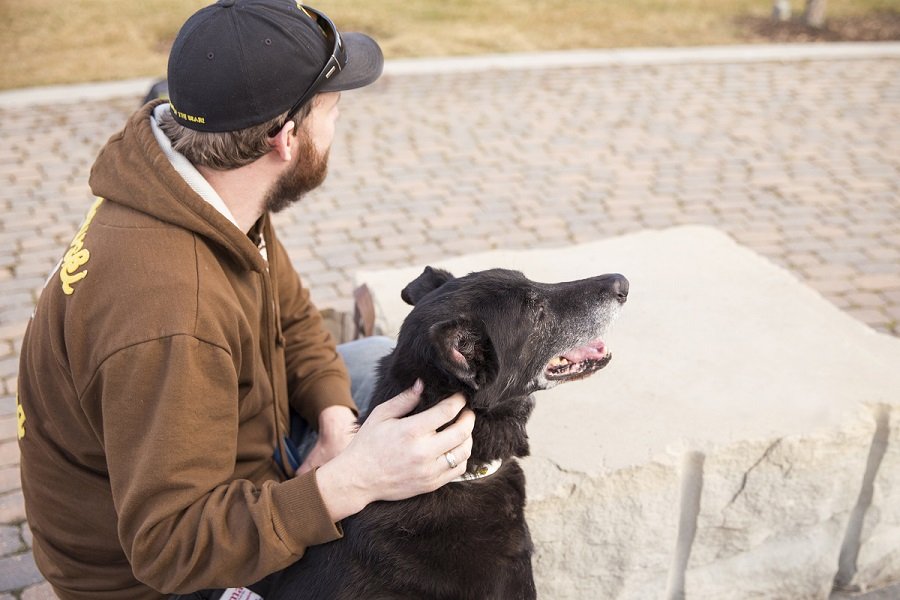
A 2019 article demonstrates that no canine behavior evaluation used for shelter dogs meets accepted scientific criteria that would justify routine use in shelters.
Genomes of Friendly Foxes

A 2018 study is beginning to unpack some of the genetic mysteries of the famous Russian farm fox experiment.
Welcome Back to SPARCS + 2018 Conference
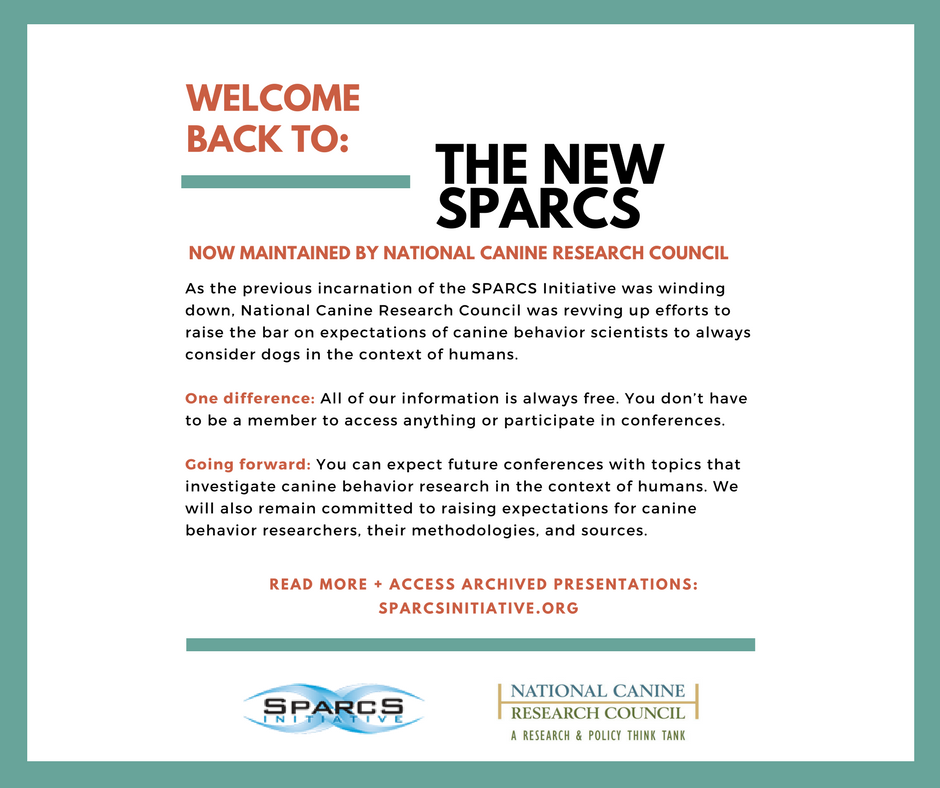
The SPARCS Initiative is now maintained by National Canine Research Council.
There’s No Place Like Home

A stay in a foster home before adoption and even adoptions that end in the return of a dog to the shelter enhance the chances of rehoming for dogs who find themselves between owners.
When Doctors Stray Outside of Expertise

Study finds that the literature on dog bites written by human health care professionals is rife with distortions and errors, and laden with rhetorical devices that mischaracterize dog behavior and grossly overstate the actual risk of dog bite injuries.
What type of dog is that? Can you tell just by looking?

Take a look at the growing body of evidence on visual breed identification, and commit to shifting the paradigm of how we identify and discuss dogs in our daily lives.
Is it practical or possible to give a dog a test that will predict how he is likely to behave in real life situations?
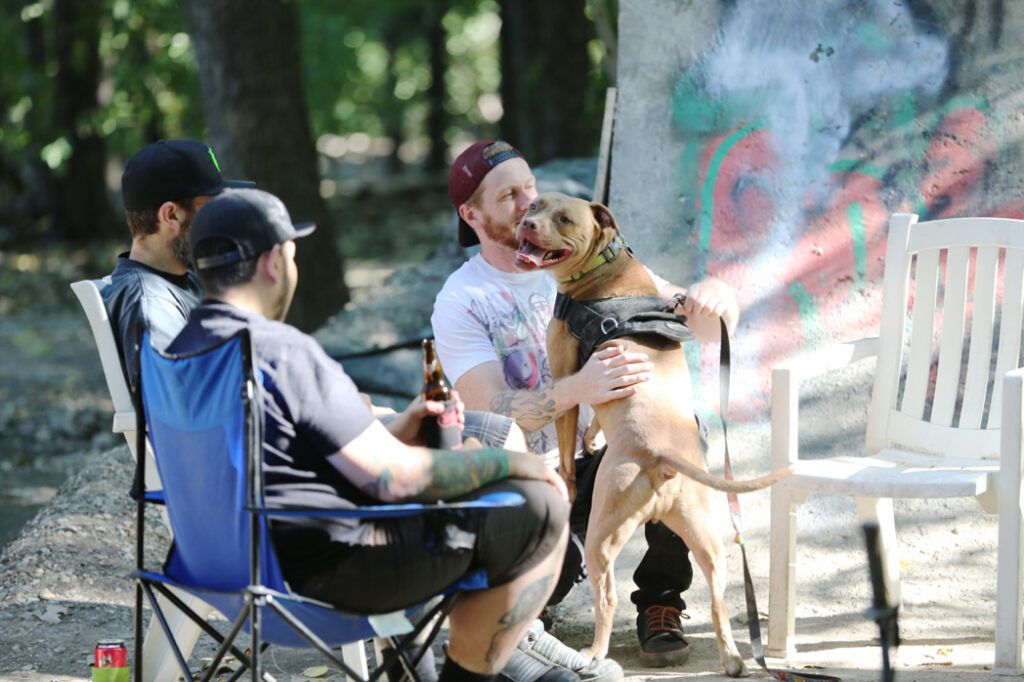
Is there a need for such a test, particularly regarding whether he is likely to get into harmful conflicts with people? This entry in our research library is our attempt to summarize what the best science to date has to say about these questions.

